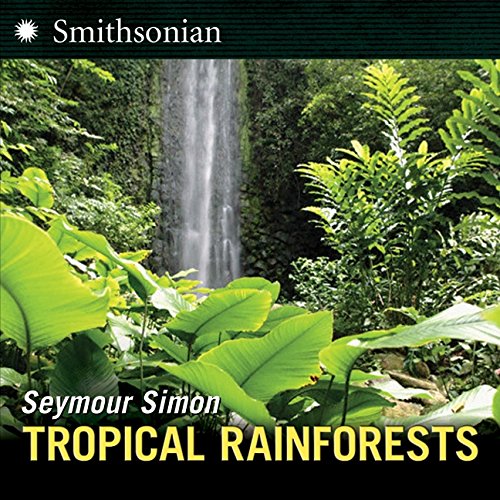
Within the confines of tropical rainforests are orchids, bananas, coffee plants and hundreds of rare and endangered animal species. These biomes, like other ecosystems on Earth, include an assortment of tiny microorganisms and bacteria. From the forest floor to towering canopies, plants and animals make themselves at home in all parts of the rainforest.
The reason there are so many species is because rainforests are very old, some almost 100 million years old, which means dinosaurs probably lived in them. About 10,000 years ago the ice caps at the poles spread out in an Ice Age, but the ice didn’t reach the equator so tropical rainforests survived and their plant and animal species continued to evolve when other places on earth had to start growing plants all over again.
Many of the plants have fruit that provides food for animals and people and many rainforest plants are gathered for medicines. This is done without harming the rainforest. Many ‘every day’ foods originated in rainforests, including tomatoes, capsicums, corn, rice, coconut, banana, coffee, cocoa, cassava (tapioca), beans and sweet potatoes.
Rainforests are important for many reasons. Very importantly, the plants clean the air. By absorbing carbon dioxide they help slow down the greenhouse effect. Rainforest trees store carbon dioxide in their roots, stems, branches, and leaves. Destroying the rainforests causes carbon dioxide to be released, which makes the greenhouse effect worse. There are many plants in the rainforests that have not yet been discovered, and there is some proof that there may be rainforest plants that could help cure many serious diseases. Many rainforest plants are already used in medicine.
Rainforests occupy about 7 percent of the world’s surface, yet are home to about half of all plant and animal species on earth. They have been home to some cultures for many thousands of years. They are unique and beautiful places.
If you have any information,questions, or feedback you would like to include in this webpage.
Please email momo19@naturekingdoms.com or leave your comments below.